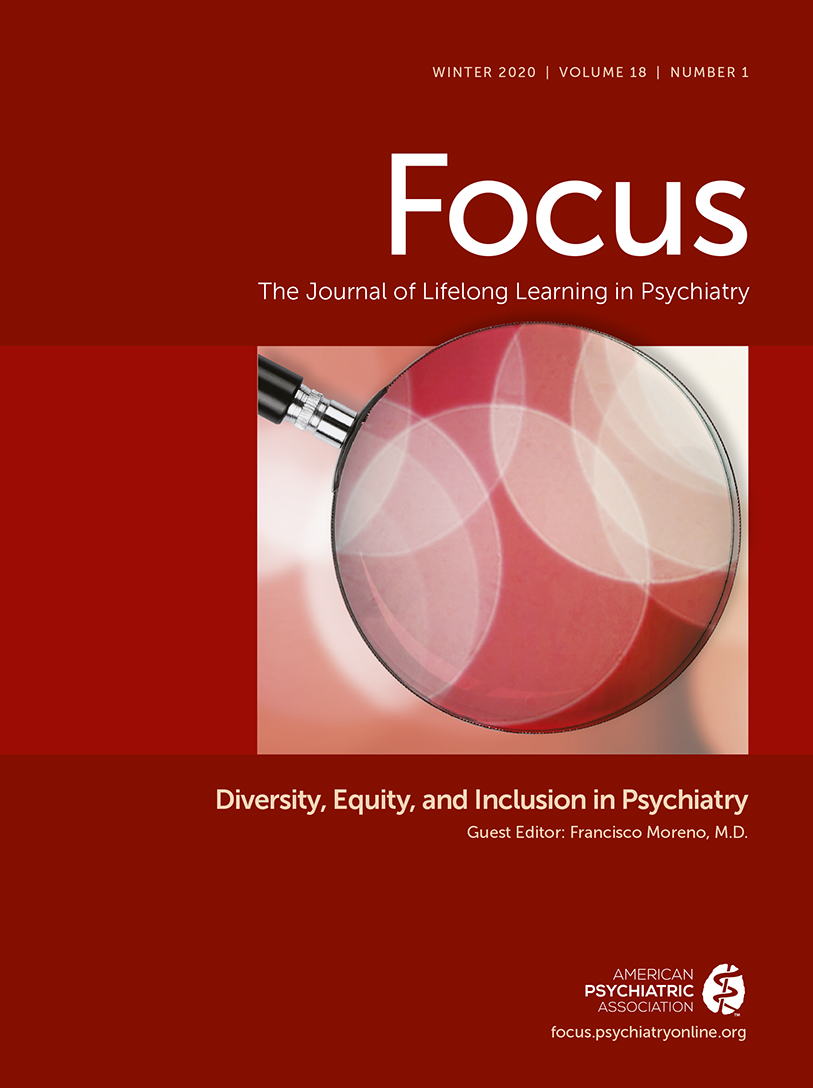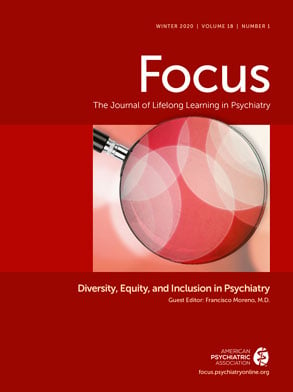What are best practices for engaging remote and underserved populations?
The meaning of “remote” has changed. Once, destinations such as Kathmandu, Patagonia, and the Galapagos Islands were considered remote because of the distance and difficulty of transportation. Today, inexpensive global travel has made these once-exotic destinations so accessible that they are threatened by the volume of vacationing tourists. Now, remote means “off the grid,” set apart from mainstream society; isolated by gaps in language, culture, or social exclusion due to political or socioeconomic status— no matter how physically proximate. From my office in Washington, D.C., our city’s Wards 7 and 8, with their “food deserts,” are only 3 miles away but are considered remote, as are the towns of Appalachia 90 miles to the west.
Engaging remote populations requires skill for crossing gaps of language, culture, and social exclusion and thus is often a challenge. Such populations often have had painful histories in their relationships to mainstream society. Sometimes, they simply have been viewed as odd or “different.” Sometimes, there has been stigmatization or exploitation by the dominant culture. More is required than the simple delivery of expert knowledge, skills, or material resources. Well-intentioned health care professionals have sometimes found their humanitarian efforts rebuffed or ignored, because the well-resourced professionals were perceived as “outsiders.”
The first task of engagement is to build a trustworthy relationship, despite one’s outsiderness, before teaching, providing services, or otherwise “doing good” as an expert. This is a challenge when the relationship is asymmetric with regard to power (e.g., resources, funding, skills, political influence) or burdened with a history of injustices that cannot be erased. Second, building a trustworthy relationship means listening and learning about the history and physical setting of the population and understanding the adversities they have faced. Third, engagement is strengthened by keeping a steady focus, not only on problems but also on the resilience of the individuals, families, communities, and culture, despite their problems (
1,
2). Focusing on resilience conveys the respect that is needed to create a collaborative, trustworthy relationship.
From these three principles come locally applicable best practices, some of which can be illustrated by the current American Psychiatric Association’s (APA’s) Mental Health Disparities Program in Central Appalachia (
3–
5). The Appalachian regions of Tennessee, Virginia, Kentucky, and West Virginia have struggled with the “diseases of despair”—such as alcohol abuse, prescription and illegal drug overdoses, suicides, and alcohol liver disease—as primary causes of declining physical and mental health. These remote, traditionally insular communities have had high levels of stigma against mental health services and difficulties in recruiting and retaining mental health professionals (
3–
5). Best practices that have facilitated engagement have included the following.
Practice a “Psychiatry of Place”
Learn about the unique history, geography, and culture that shaped this population’s identity, values, and social determinants of health (
6). For Appalachia, this has included the history of the Scotch–Irish immigrants who settled the mountains of Central Appalachia, the intergenerational trauma and structural violence from extractive coal and lumber industries, and the national neglect of the region epitomized in broad stigmatization of “hillbilly and redneck” culture (
3,
4,
6).
Meet a Local Individual as a Person, Not as a Group Member
Meet the local individual as if meeting a new neighbor, not as the person’s associated ethnic, racial, religious, political, or socioeconomic group identity (
7). Share meals together, accept hospitality, and visit in family homes.
Build Upon Strengths of the Local Culture
Listen to local musicians, artists, historians, and storytellers. The centrality of family, religious faith, and self-determination in Appalachia is made clear by country singer, Kyle Park’s song about a father’s repetitive message to his son, “Pray out loud, make us proud, and, son, don’t forget where you come from” (
8). Thus, the APA program is family centered in its messaging and seeks faith-based integration of mental health through partnerships with local churches and pastors.
Partner With—Don’t Displace—Local Professionals and Community Builders
Rather than provide direct services, the APA program provides resources to local social service and mental health agencies and a platform for networking and sharing effective practices (
9).
Focus on Resilience as a Way to Practice Inclusion
Inquire about strengths, competencies, commitments, and practical wisdom that enabled individuals, families, and communities to prevail against adversities: “What would you most want others to know about your family?” “What are the strengths of your family?” “What have been the greatest challenges your family has faced?” “What did you draw upon to meet those challenges?” “What are you most proud of?” Such an inquiry shows respect, restores dignity, and invites collaboration (
1,
2).
As Arlie Hochschild has noted, “The English language doesn’t give us many words to describe the feeling of reaching out to someone from another world, and of
having that interest welcomed” [italics added] (
10). Achieving that welcoming is the underlying aim of these best practices.

